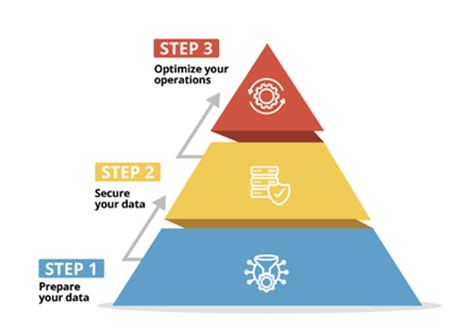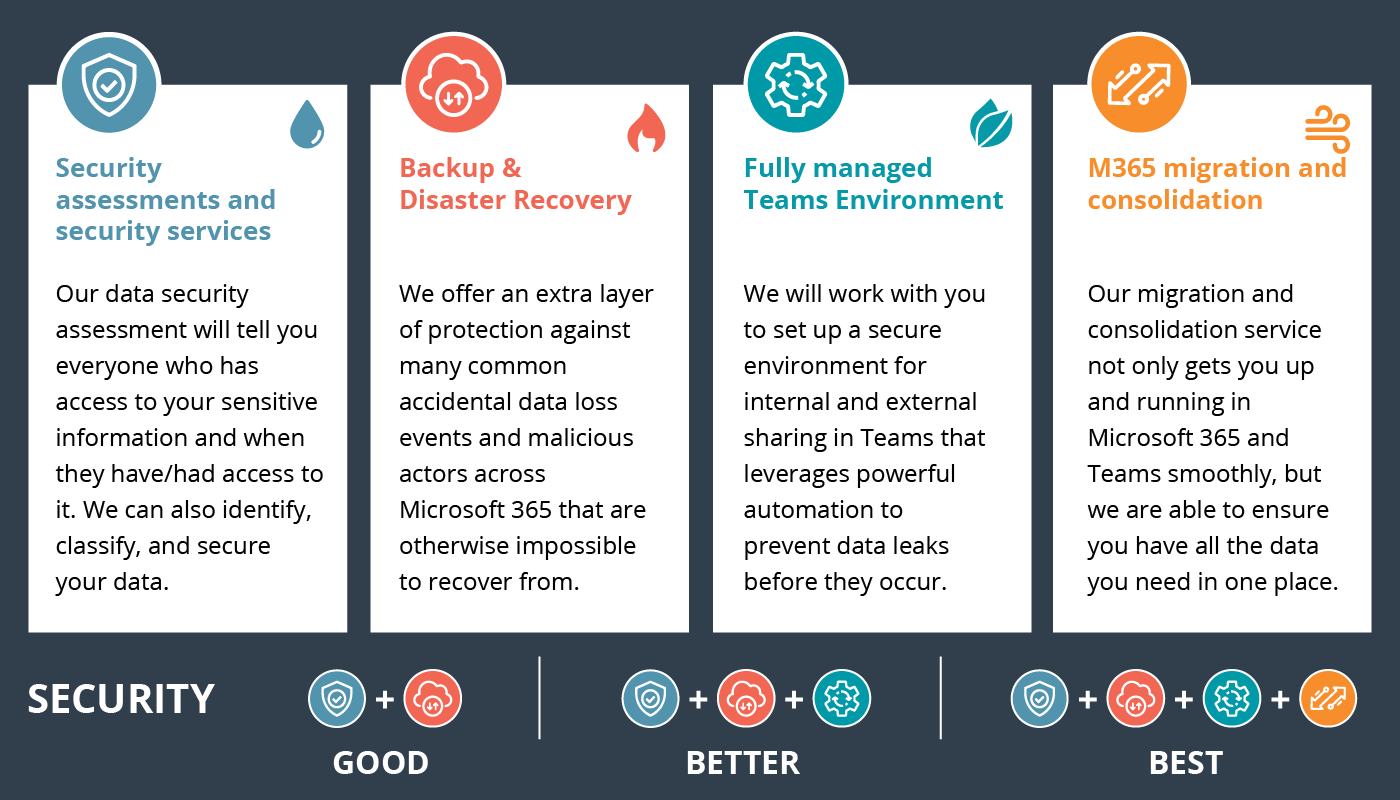First, what is it? Regulatory compliance means that your business is obeying the state and federal restrictions set in place. These regulations aim to prevent the devastating impacts that can result to both consumers and companies from poor management of sensitive data.
For most companies, IT is in the spotlight when it comes to compliance and most of these IT departments are given the task of ensuring compliance by their CEO, CFO, CIO, or other director. The reason? Beyond the penalties we'll discuss below, many of these laws carry personal liability for high-ranking corporate officials.
PCI DSS
This type of regulation applies to companies that deal with credit, meaning they either accept credit card payments or deal with the transfer of information relating to a credit transaction. With identity theft on the rise, failure to comply may lead to the theft of your client's identity. Not only will you have lost their trust, but you will also be likely to have to pay restitution (a reimbursement of the amount taken) in addition to other fines and penalties.
HIPPA
HIPPA laws are oriented around the protection of an individual's right to privacy in their medical forms. This does not only apply to doctors, but rather applies to every single organization that interacts with this type of sensitive data. The penalties for failing to comply with these mandated restrictions include fines, loss of business license, and in severe cases may even include imprisonment!
SOX
SOX compliance focuses on accuracy in bookkeeping, accounting, and other types of financial reporting. Getting creative on the corporate books is a bad idea. Need more persuading? Take a look at Enron, WorldCom, Tyco International, and Adelphia. They had to learn the hard way. Fortunately for you, we've written a blog.
The morale of the story? Regardless of the specific regulatory law or industry, the answer remains the same - the cost involved with failing to comply is high and jeopardizes your business.




